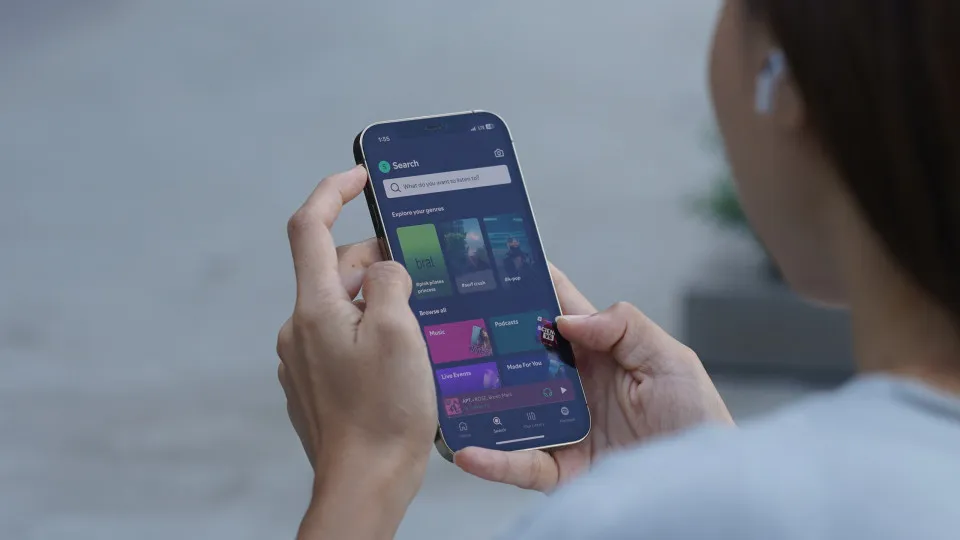The music industry has weathered
a number of
changes throughout the years. Different formats were introduced, others became obsolete, but it was not until the arrival of the internet that music suffered the most dramatic changes. Browse through the gallery and learn more on how the internet changed music forever.



